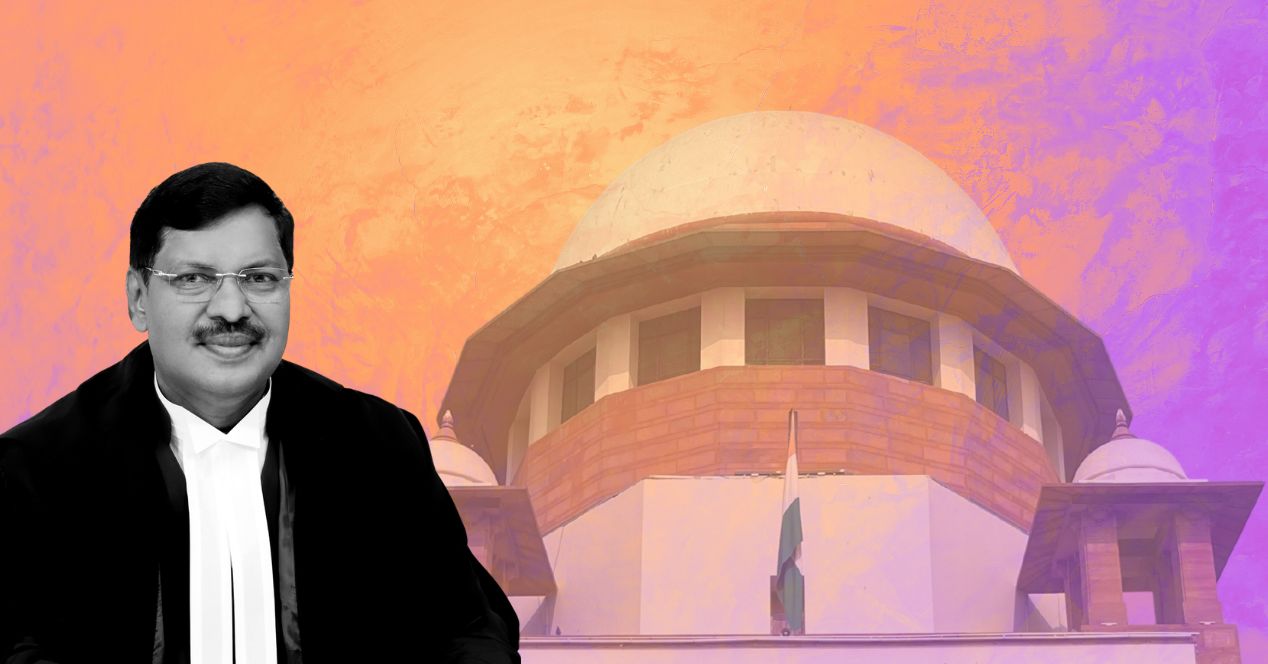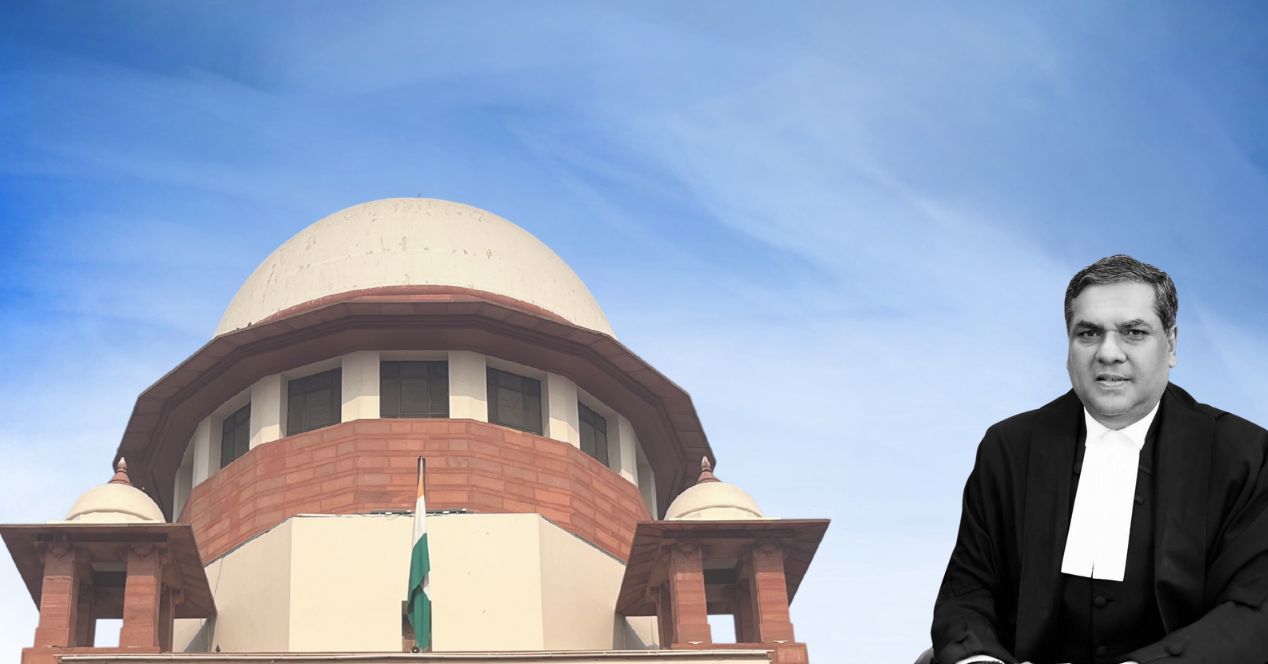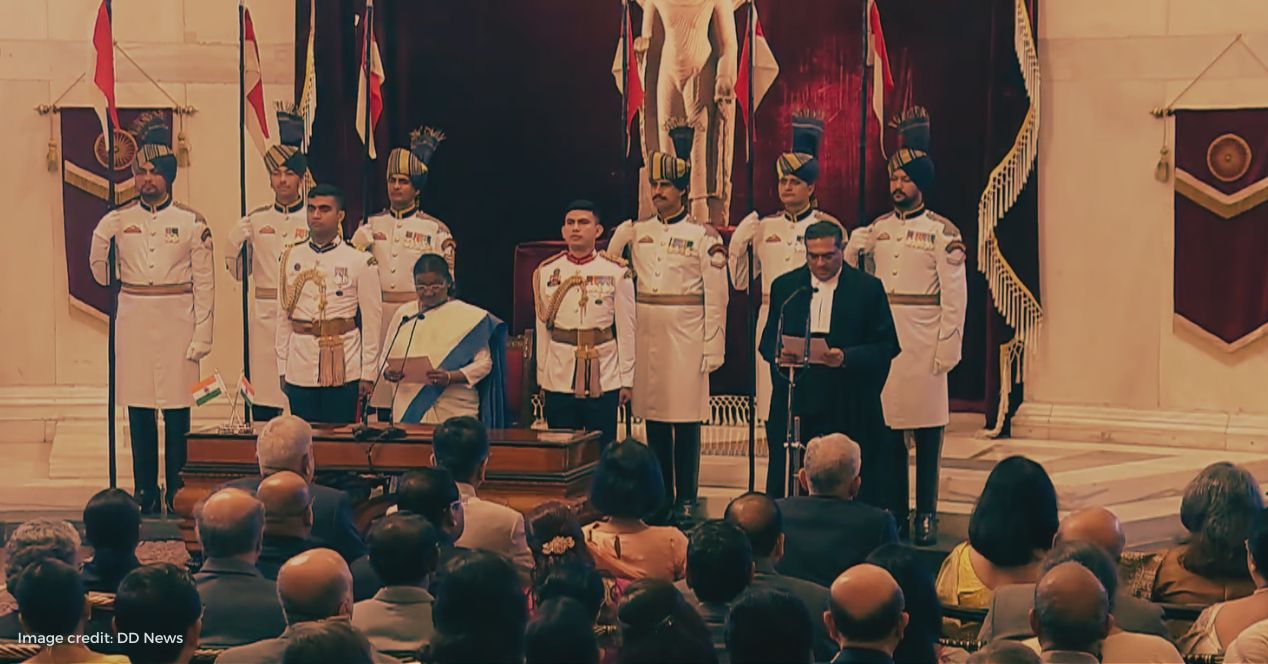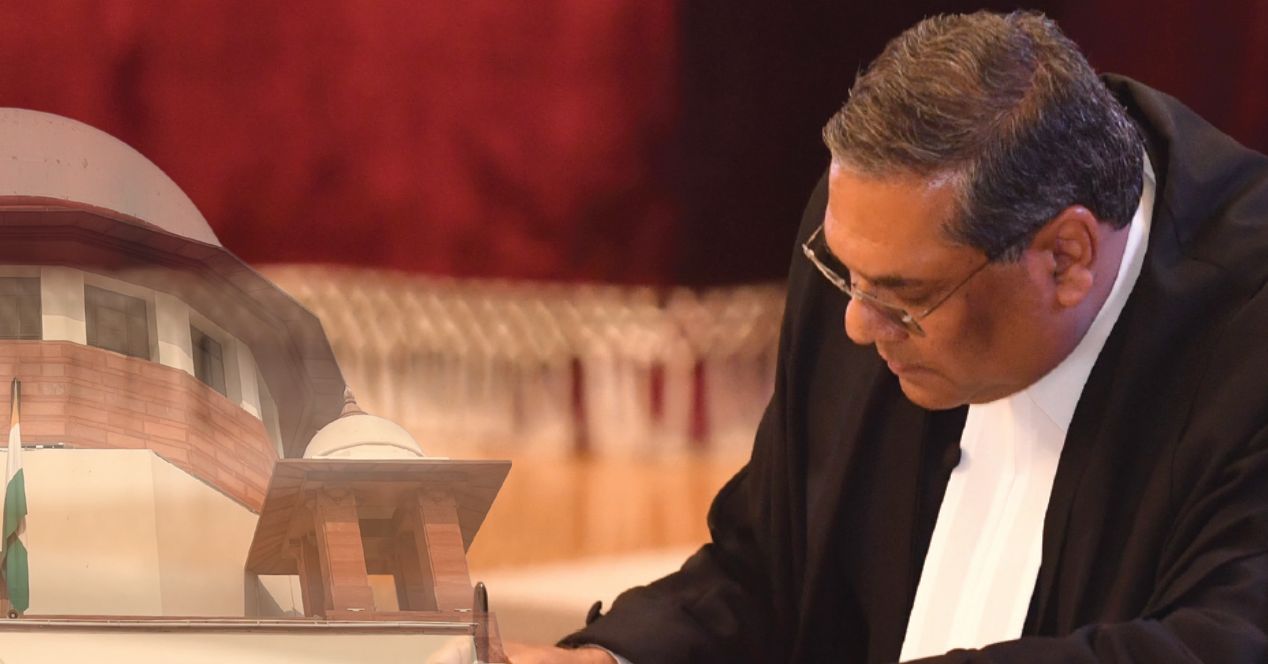Analysis
The Gavai interlude
Short tenures are seen as intervals between longer terms offering wider scope for big changes. What will the new CJI do with his 6 months?
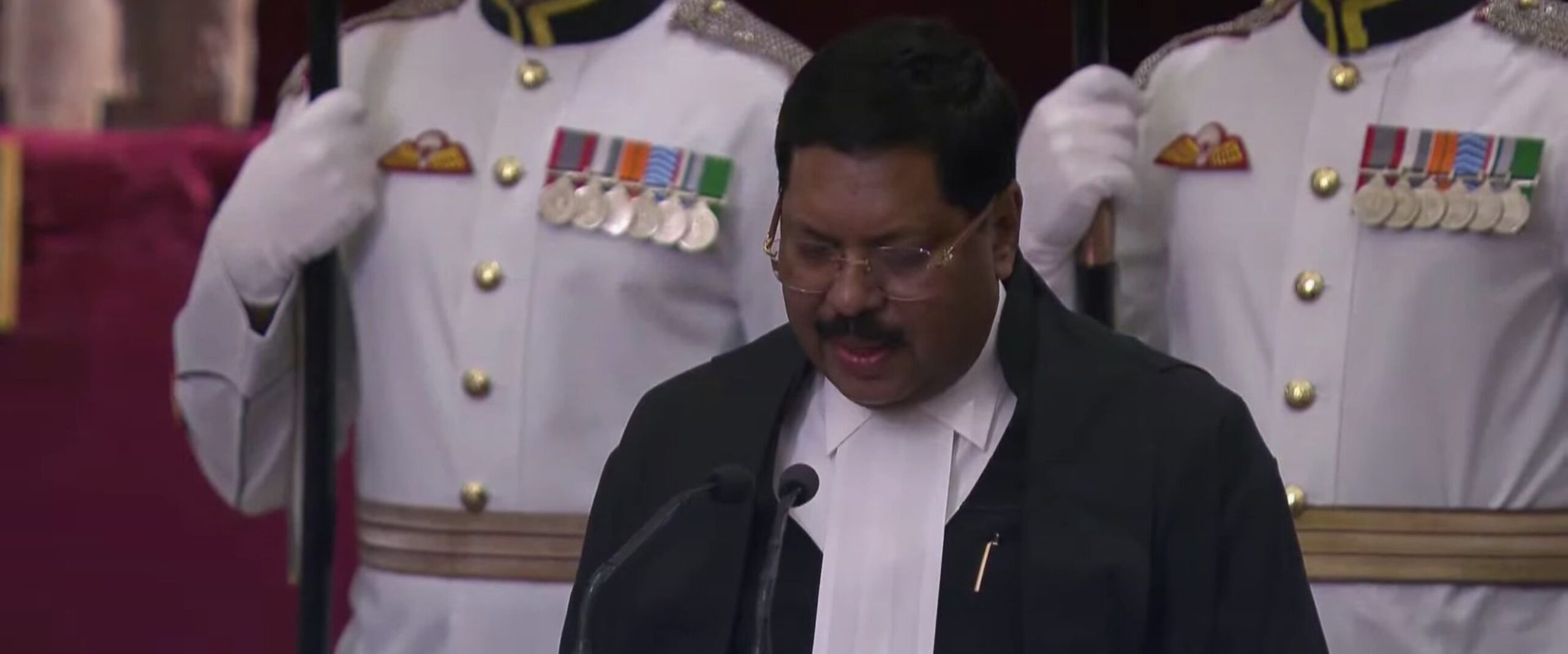
Earlier this week, Bhushan Ramkrishna Gavai made history when he took oath as the 52nd Chief Justice of India—he is the country’s first Buddhist CJI and the second Dalit one. R.S. Gavai, his politician father, was one of thousands of Dalits who converted to Buddhism alongside B.R. Ambedkar in 1956. Now, seven decades on, the son of an Ambedkarite leader presides over the republic’s Supreme Court.
His first week in office hints at a demanding tenure ahead. On his first day, the President invoked the advisory jurisdiction of the Court under Article 143 to refer 14 questions concerning the powers of the Governor and President around assent to state bills. The reference follows stiff criticism by members of the ruling party against the Court’s recent Judgement prescribing timelines for granting assent.
Now, CJI Gavai must constitute a Constitution Bench to hear the President’s reference. There is a view that most of the referred questions have been answered in the Judgement and that the President’s reference is couched as an appeal that bypasses the review and curative stages.
Staying on the topic, a change in the Chief Justice often renews speculation around listing of cases involving large benches and substantial questions of law. During the six-month tenure of CJI Sanjiv Khanna, however, only one Constitution Bench matter was heard and decided. This marked a sharp contrast with the tenure of CJI D.Y. Chandrachud, during which 16 Constitution Bench matters were heard and decided over a period of two years. Before this, 17 matters were listed by CJI U.U. Lalit during his 2.5-month tenure. Whether CJI Gavai will re-fire these matters remains to be seen.
Like his predecessors, CJI Gavai is also faced with a pendency problem.
According to the National Judicial Data Grid, almost 82,000 cases were pending before the Court at the start of this month. But it’s a credit to CJI Khanna that the number has not ballooned to more alarming levels. He arrested the rising trend by pausing regular hearings and prioritising the listing of miscellaneous matters.
One of the enduring criticisms of the seniority convention in appointing CJIs is the lack of policy continuity and institutional stability. Each new appointee can pivot the institution in a new direction. In an interaction with the media recently, CJI Gavai addressed pressing issues such as the Court’s public image, caste and gender representation in the higher judiciary and the criticism around the Collegium system. CJI Khanna’s attempt to tackle these issues was seen in his final flourish before retirement—a data disclosure that included a list of all the Collegium’s High Court judge recommendations since November 2022.
For the first time in the institution’s history, the caste details of the recommended judges were made public in a consolidated manner. Previously, this information was disclosed on a discretionary basis in Collegium resolutions. It’s unclear whether this transparency will continue under CJI Gavai or whether it was an isolated move triggered by the Justice Yashwant Varma controversy.
That’s the other developing story to track in the Gavai tenure—Justice Varma. The latest we know is that Justice Varma refused to accept CJI Khanna’s offer to resign, after which the CJI recommended the executive to initiate impeachment proceedings. Reportedly, Justice Varma has been indicted on the basis of an investigation conducted by an in-house judicial committee. There is a growing clamour to make the committee’s report public, although the Court is nowhere obligated to do so.
All this and more to watch out for when the Court returns in July from its seven-week summer break. For now, in the last working week before vacations, all eyes are on the waqf law challenge listed on Tuesday. Petitioners are expected to press for a stay on the contentious provisions. Justice Gavai has allotted each side a couple of hours to argue. The curtains are up for the Gavai Interlude. Stay with us as we report its happenings!
This article was first featured in SCO’s Weekly newsletter. Sign up now!

